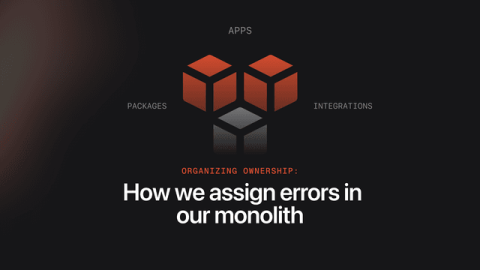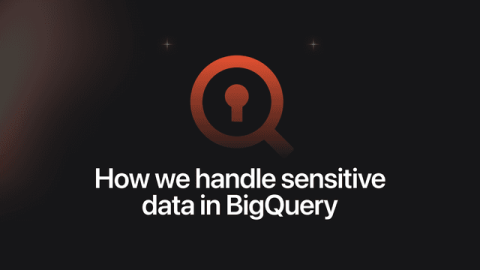What is a Log File? Types Explained with Examples
If you’ve ever spent hours trying to figure out what went wrong in your code, you know how frustrating it can be without a clear trail to follow. Logs give you that trail, showing the steps your system took before something broke. Think of stack traces, they’re helpful for showing you where an error occurred. But they don’t always explain how it occurred. That’s where logs come into place.











